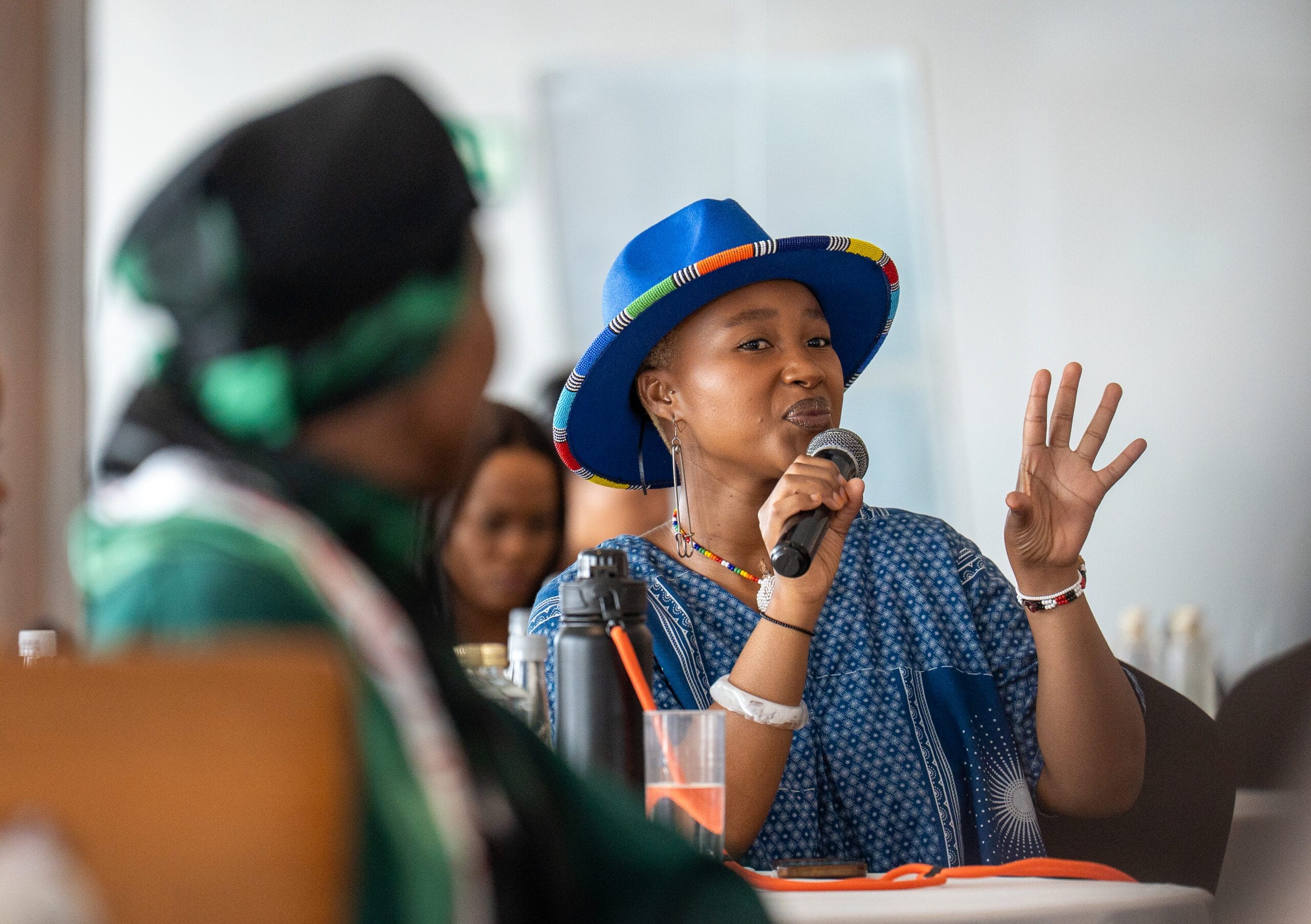Remember when local newspapers published records of Bonang Matheba’s alleged abortion after reports of her being allegedly abused by her ex, DJ Euphonik? That moment remains a stark example of how the media in South Africa perpetuates abortion stigma, turning a woman’s private health decision into a scandal and using it to discredit her survival of violence.
When I recently got the opportunity to speak about my work in my mother tongue on the radio station I grew up listening to with my late mother, I was over the moon. It felt like a full-circle moment, a chance for a village and township girl like me to reach others like her about their sexual and reproductive health rights.

But my joy was quickly interrupted when the producer asked me not to mention abortions, for fear of “upsetting listeners.” Just like that, my chance to speak honestly was stifled. The silence was not neutral; it limited the possibility of addressing stigma and inspiring behavioral change in the very communities that need it most.
Globally, the climate has worsened. From the Trump administration to the overturning of Roe v. Wade in the United States, abortion rights are under siege. In South Africa, the media has a significant role to play. Instead of challenging stigma, it too often reinforces a gag on abortion.
Yet national broadcasters are bound by the Broadcasting Complaints Commission’s (BCCSA) Code of Conduct to ensure fairness and non-discrimination. “Ha re kgethe nku ka pere” meaning “We don’t choose a sheep by its horse”—a commitment to impartiality. To live up to this, media outlets must stop obstructing the flow of information that could save lives.
Our own history should remind us why. The Choice on Termination of Pregnancy Act (1996) was passed in direct response to the deaths and health risks facing mostly Black and poor women who resorted to unsafe abortions. This is what we mean when we say safe abortions save lives. Termination of an unplanned or unwanted pregnancy gives women, girls, and gender-diverse people the ability to reclaim their futures. Agency, autonomy, and self-determination are not luxuries; they are the core of empowerment.
But stigma distorts this truth. I recently watched Generations: The Legacy storyline where a man drugged his partner with abortion pills because he didn’t want the baby. In narratives like this, women are punished for their autonomy. Abortion becomes “acceptable” only in contexts of violence, rape, coercion, or medical emergency. But what about when the pregnancy itself is simply unwanted? In those cases, too, safe abortion is a matter of life and death.
With the rise of anti-rights sentiments across the globe, from the United States to our own backyard, it poses an ever-growing threat to vulnerable populations.
As a traditional health practitioner, much of my work focuses on sexual and reproductive health rights. Most of my clients are the very people who tune in to these radio stations every day.
They deserve to hear their realities reflected to them, not hidden away in silence, but spoken about openly, without shame or judgment. When the media chooses to censor abortion, they are not just silencing the work. They are silencing the voices, experiences, and struggles of the very communities they claim to serve.
By: Itumeleng Lets’oala, a health advocate and traditional health practitioner.

Recent Comments